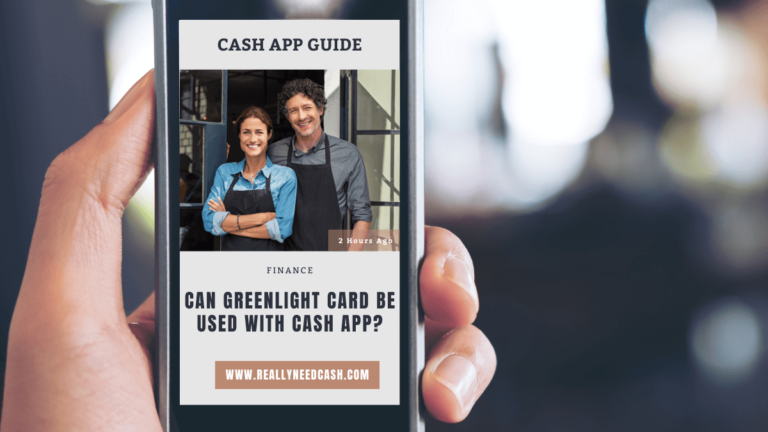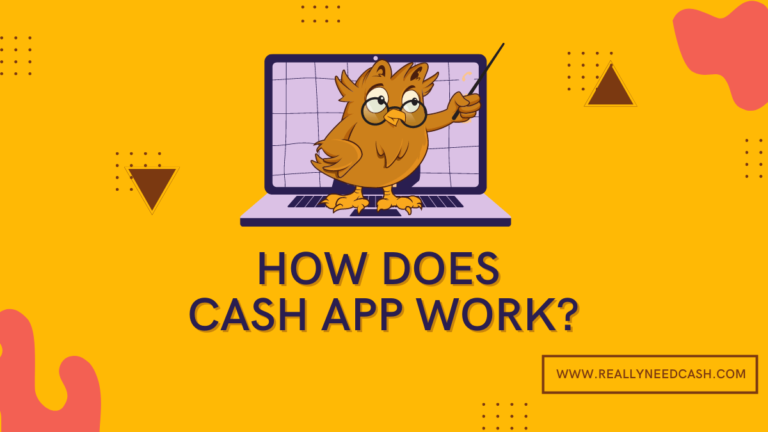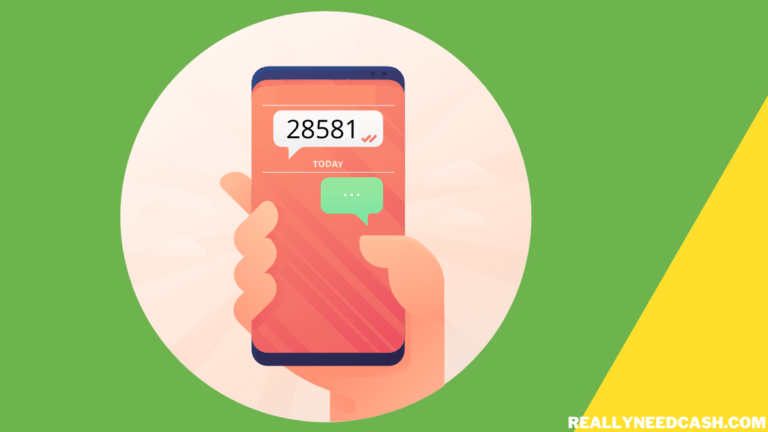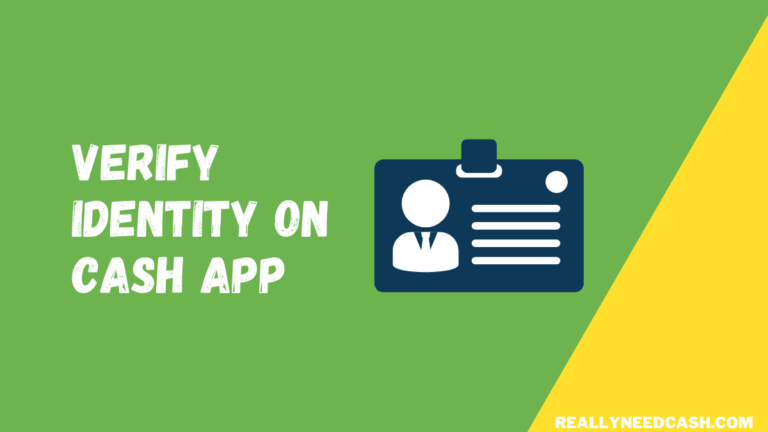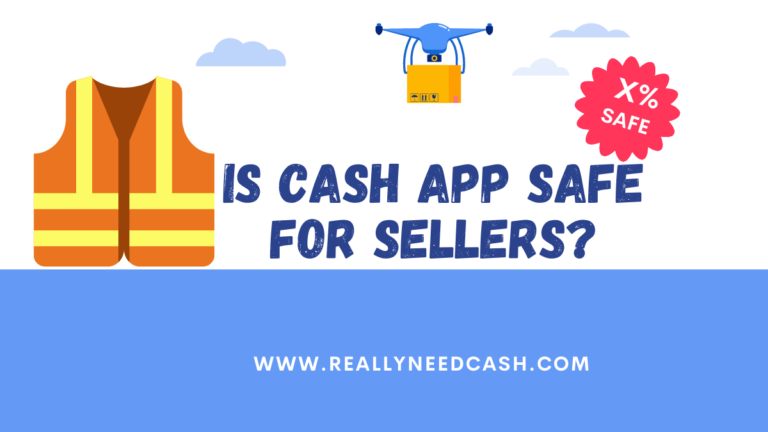Wondering whether payment platforms like Cash App reporting over $600 transactions will get you in trouble with the IRS?
Cash App Reporting Over $600 or more to the IRS. Business owners are required to report their incomes to the IRS if their Cash App commercial transactions exceed $600. This law is only for users who run businesses and receive payments from customers using third-party payment platforms.
Do you have a side hustle? Do you receive payments from your customers using apps like Cash App? If you answered “Yes” to the above questions, you probably wondered about the message you received from your platform of choice regarding the 1099-K tax form.
With third-party payment platforms like Cash App reporting over $600 transactions on their users’ accounts to the IRS, you might have some concerns.
Is it a new tax? And does it apply if you have a personal account?
We’ll answer these questions in the article. You’ll also want to stick around to learn whether the law applies to every third-party payment platform.
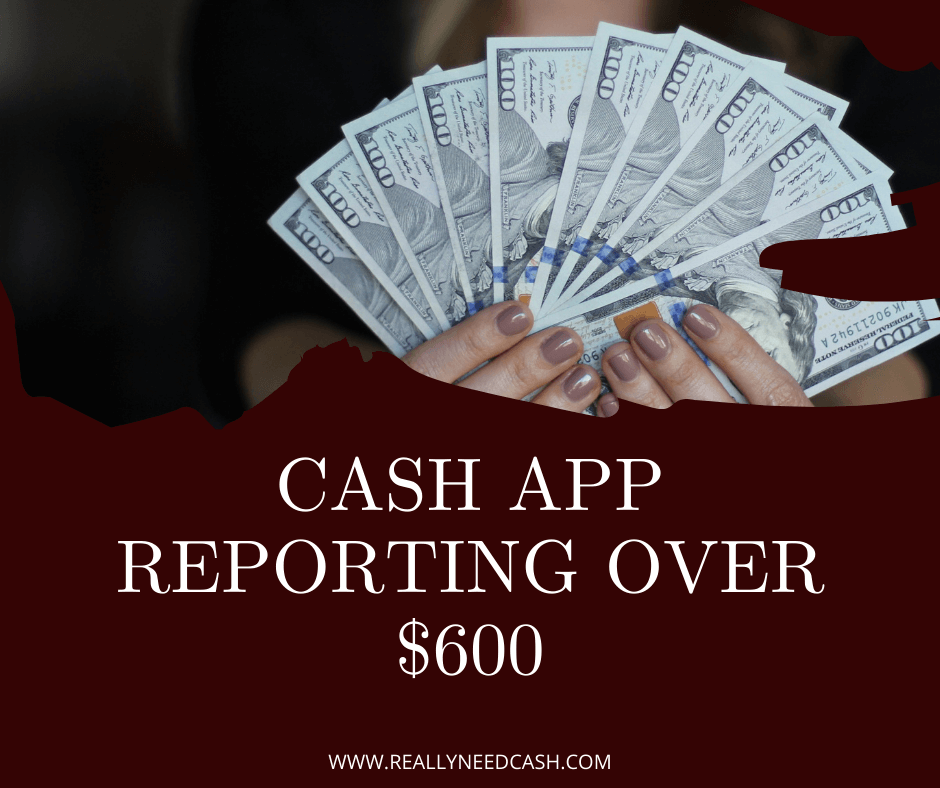
Where Did This New Rule on Reporting Income Over $600 Come From?
When President Biden passed the American Rescue Plan Act in March 2021, it included a provision that tasked third-party payment platforms with reporting business income earned by any of their users that exceeds $600.
The law came into effect on the 1st of January 2022. As a result, payment platforms have been reaching out to their users to inform them about changes in their policies. For example, Cash App references the new law in a post on its website.
Why Was the Cash App Reporting Over $600 Law Passed?
Before the American Rescue Plan Act was passed, third-party payment platforms only had to report on user income that exceeded $20,000 and more than 200 transactions in a year.
However, the global pandemic in 2020 resulted in many Americans resigning from their jobs as part of the Great Resignation. While most of these people entered different career paths, some turned to self-employment, pursuing side hustles full-time.
Unsurprisingly, platforms like Cash App saw an increase in independent contractors like dog walkers, financial planners, and hairdressers using their platforms to receive payments from their customers.
Some users failed to report income received through Cash App and the like to the IRS, whether unwittingly or deliberately. The new law was created to ensure small businesses who accept payments through these apps pay their fair share in taxes on the income.
What Has Been the Effect of the New Rules?
With the new law, the IRS holds peer-to-peer platforms responsible for any tax evasion done using their apps. So, the platforms, in turn, are more motivated to encourage users to sign up for business accounts and categorize income earned through business transactions.
Does This Law Apply to Me if I Use a Personal Account?
No. This law is only for users who run businesses and receive payments from customers using third-party payment platforms. So, for example, if you receive a refund from a friend through a platform like Cash App, it won’t count as taxable income.
Other examples of money received that platforms won’t report on include:
- Money received from a roommate as payment for their share of the rent
- Money received as a gift from family
- Money received from selling a personal possession at a loss
While independent contractors can transact through personal accounts, how frequently they receive payments through the platforms will give them away. Therefore, it’ll be challenging to circumvent the new reporting rules in this way.
I’m a Business Account Holder With a Third-Party App: What Should I Do?
If you aren’t already, you should report income earned through Cash App and the like to the IRS when filing your taxes.
Come January 2023, expect to receive Form 1099-K from the third-party platform you use. Your third-party provider may also reach out to you for additional information to accurately report your transactions on the Form 1099-K. If the platforms don’t have your documentation on file, they may ask you to provide the following documents:
- Employment Identification Number
- Individual Tax Identification Number
- Social Security Number
Bear in mind that the reporting requirement won’t apply to your business if you‘re not earning more than $600 during a calendar year.
Does This Law Apply to All Third-Party Payment Platforms?
No. It’s applied on PayPal, Venmo, and Cash App. However, Zelle is exempt from this income reporting law. According to Zelle’s network operator, the platform doesn’t settle funds but facilitates messaging between financial institutions and payment makers.
Conclusion
The American Rescue Plan Act changed the game for reporting on income earned through apps like Cash App.
By holding these platforms responsible for reporting income over $600, the IRS can collect on small business owners who, deliberately or otherwise, may be underreporting their business income.
If you have a personal account with one of these platforms, you’ve nothing to fear, as the law only applies to business account holders who earn more than $600.

